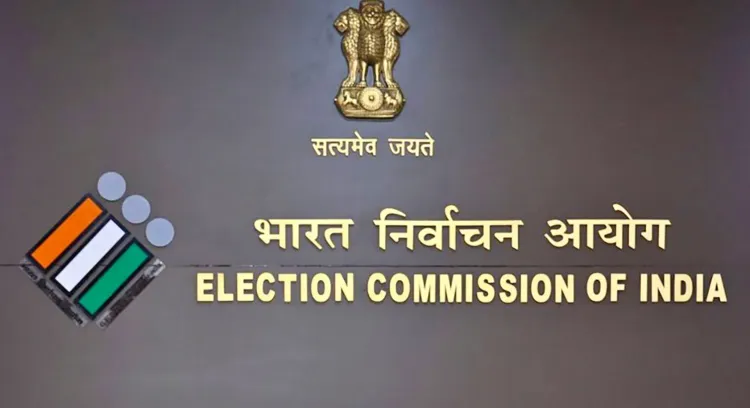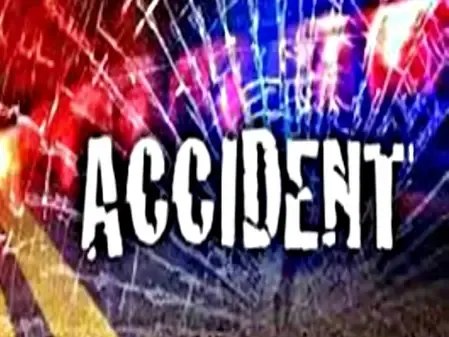What Does the Bihar Voter List Reveal About ECI's Process?

Synopsis
Key Takeaways
- The Supreme Court has mandated the ECI to publish the voter deletion list.
- Transparency measures have been initiated by the ECI prior to the court's directive.
- Aadhaar has been a recognized identity proof during the revision process.
- Political parties have been engaged throughout the electoral roll revision.
- Meticulous voter verification is being conducted across Bihar.
New Delhi, Aug 14 (NationPress) The Supreme Court has instructed the Election Commission of India (ECI) to make public the online list of over 65 lakh voters targeted for removal during the Bihar Special Intensive Revision (SIR) of electoral rolls. This directive has ignited a significant political uproar.
However, ECI officials emphasize, supported by field reports and official documents, that the deletion process has been much more transparent and inclusive than critics from the opposition claim.
The Supreme Court's orders mandate the ECI to upload the comprehensive list of deletions, provide reasons for each removal, permit claims using Aadhaar for identity verification (not citizenship), and display these lists at Panchayat and BDO offices. While these steps aim to bolster transparency, the ECI asserts that many of these initiatives were already underway prior to the court's involvement.
Transparency Already Implemented
Election Commission representatives have confirmed that all political factions in Bihar were given access to the complete list of suggested deletions starting from July 20, 2025. This list includes names, reasons for proposed deletions—such as death, permanent relocation, untraceability, and duplicate entries—as well as clear guidelines for filing objections.
For instance, in Sitamarhi district, a thorough meeting was convened at Booth No. 18 of Bajpatti Assembly Constituency with Booth Level Agents (BLAs) from all major political parties, including the BJP, Congress, JD(U), and Jan Suraaj.
As per documentation, the BLO publicly shared and read the draft list of deletions, encouraged objections, and requested submission of Form-6 for eligible new voters, officials report. Additionally, meeting logs indicate the presence and signatures of BLAs spanning various political affiliations.
Similar meetings and records exist for numerous polling centers across Bihar. For example, in Gopalganj district, comprehensive discussions were conducted in Nurichak village, where BLOs presented lists of voters marked for deletion due to death, migration, or duplication, according to officials citing documentation.
In one instance, 28 voters lacked valid documentation; these names were openly shared with local representatives, inviting objections.
Aadhaar Already Integrated into the Process
A significant clarification from the Election Commission is that Aadhaar has always been recognized as a valid identity proof during this revision.
The enumeration form utilized for SIR explicitly requests Aadhaar numbers as one of the required supporting documents. The SC's recent instructions to accept Aadhaar for identity do not introduce a new requirement but rather reaffirm the ECI's established practice.
Moreover, as ECI officials highlight, opposition assertions of exclusion and confidentiality appear unfounded—no BLA from the RJD or Congress has formally complained about the process at the booth level thus far. In fact, all political parties have been consistently engaged through numerous meetings at various levels.
On the Ground: A Manual of Diligence
Reports from multiple districts indicate thorough door-to-door verification conducted by Booth Level Officers. In areas like Sarai Hameed and Nurichak, BLOs compiled lists of deceased voters based on feedback from neighbors, local representatives, and even attempts to reach out to family members. Names were eliminated only after verification and consensus were achieved.
At several polling stations, printed lists of deleted voters were made publicly available and displayed outside the polling centers to raise community awareness, officials stated. Voters and local agents were encouraged to review and submit claims if necessary, they added.
Furthermore, in accordance with due process, Forms 6, 7, and 8—designated respectively for inclusion, deletion, and correction—were accessible in both physical and digital formats, with BLOs trained to assist any voter seeking help, according to EC officials. The commission also limited the number of claims each BLA can submit in a day to prevent misuse.
While the Supreme Court's directive reinforces the commitment to transparency, it is vital to acknowledge that the Election Commission has not only adhered to but also anticipated many of the Court's recommendations, officials assert. By ensuring political party involvement, conducting comprehensive door-to-door verifications, and making identity-based claims accessible, the ECI has upheld the principles of transparency and electoral integrity.









